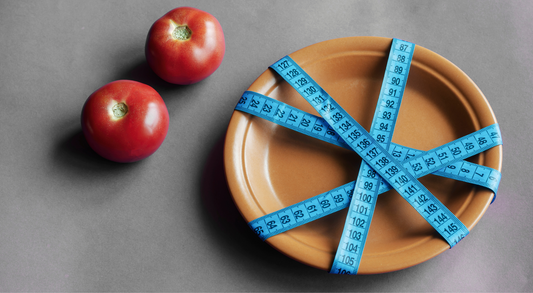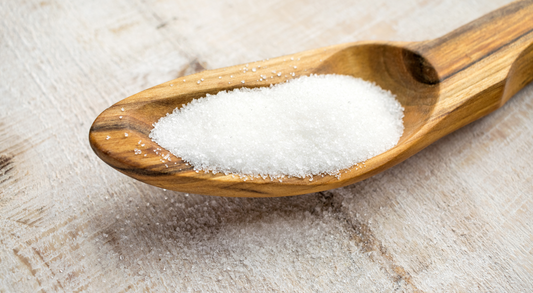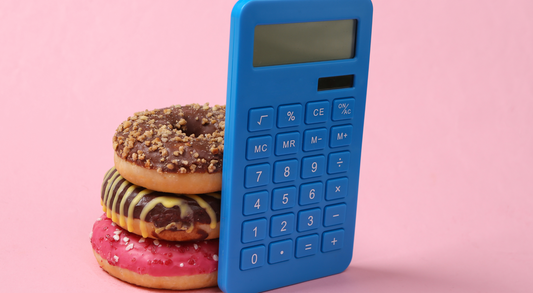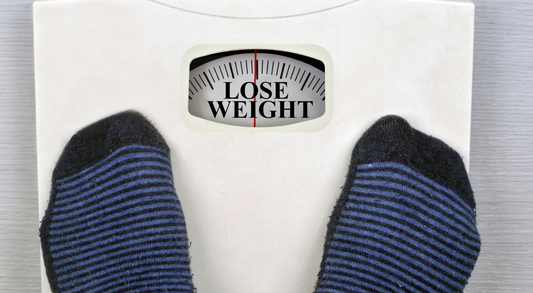Introduction
Understanding the relationship between calories and weight loss is crucial for anyone on a fitness journey. This article demystifies how many calories are in a pound of fat and how this knowledge can be applied to effective weight management, supported by Voyager's expertise.
The Caloric Makeup of Fat
A pound of fat is commonly estimated to contain about 3,500 calories. This figure is a key factor in weight loss planning.
The Science Behind Calorie Deficit and Weight Loss
Weight loss occurs when you consume fewer calories than your body burns. Creating a calorie deficit is essential for fat loss.
Calculating a Calorie Deficit
To lose one pound of fat, you need to create a deficit of approximately 3,500 calories. This can be achieved through diet, exercise, or a combination of both.
Strategies for Creating a Calorie Deficit
- Dietary Changes: Opt for lower-calorie foods and monitor portion sizes.
- Increased Physical Activity: Incorporate both cardio and strength training to boost calorie burn.
- Lifestyle Adjustments: Small changes, like walking more, can contribute to a calorie deficit.
Understanding BMR and TDEE
- Basal Metabolic Rate (BMR): The number of calories your body needs at rest.
- Total Daily Energy Expenditure (TDEE): The total calories your body burns in a day, including physical activity.
Use Voyager's TDEE Calculator to estimate your daily calorie needs.
The Role of Supplements in Weight Loss
While supplements alone won't cause weight loss, they can support your journey. Voyager's products are designed to complement a balanced diet and exercise regimen.
Common Misconceptions in Weight Loss
- Rapid Weight Loss Expectations: Safe weight loss is typically around 1-2 pounds per week.
- Underestimating Calorie Intake: Many people underestimate how much they eat, impacting their weight loss efforts.
The Importance of Sustainable Weight Loss Practices
Adopting sustainable habits is key to long-term weight loss success. Crash diets and extreme calorie restriction are not only ineffective but can also be harmful.
Conclusion
Understanding the caloric content of fat and how to create a calorie deficit is fundamental for effective weight loss. By combining this knowledge with a balanced approach to diet and exercise, you can achieve and maintain your weight loss goals. Voyager's range of products and tools, like our TDEE Calculator, can support you on this journey.
For more insights into healthy weight management and fitness, explore our Body Fat Calculator and FAQs page.



















































